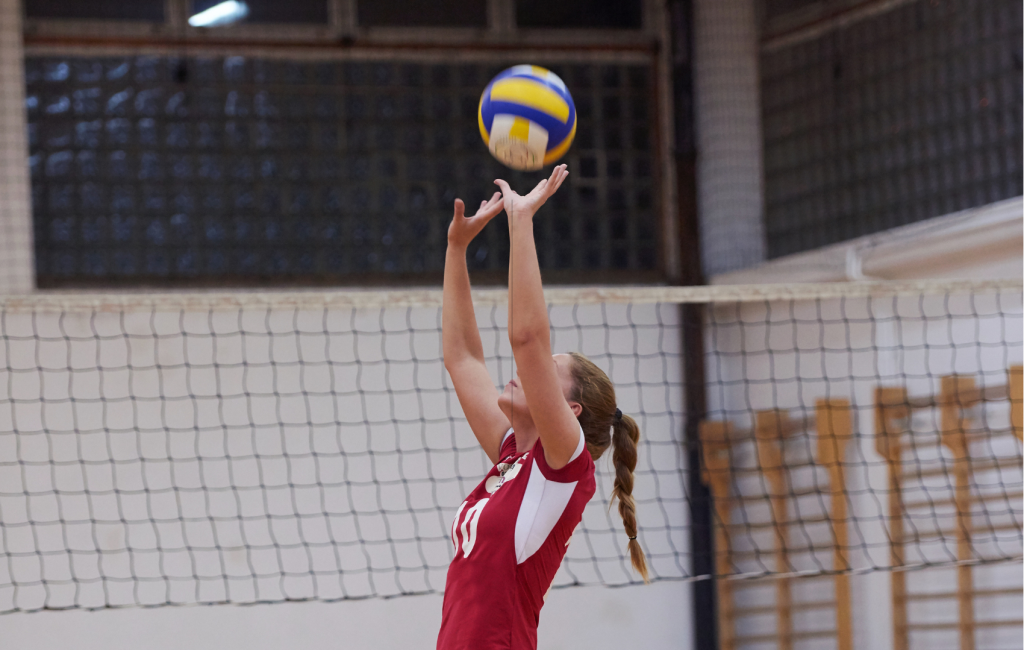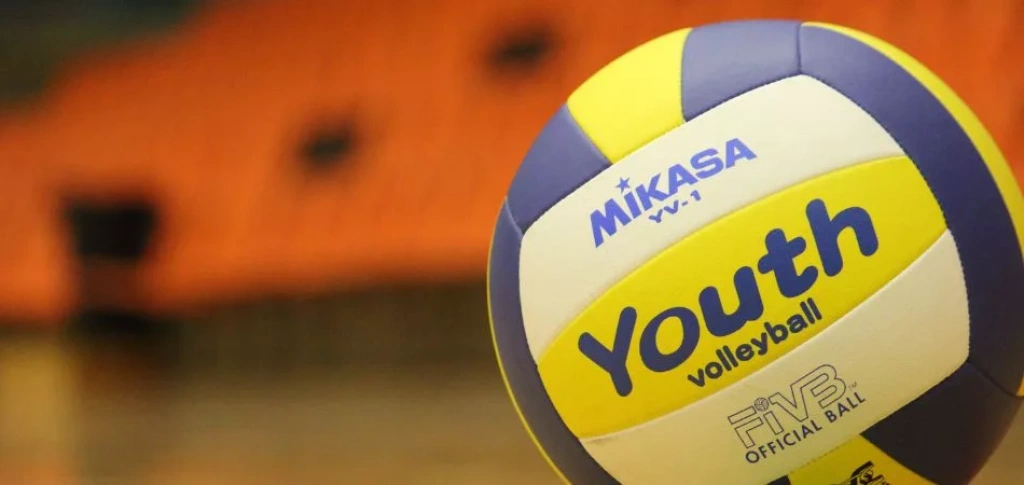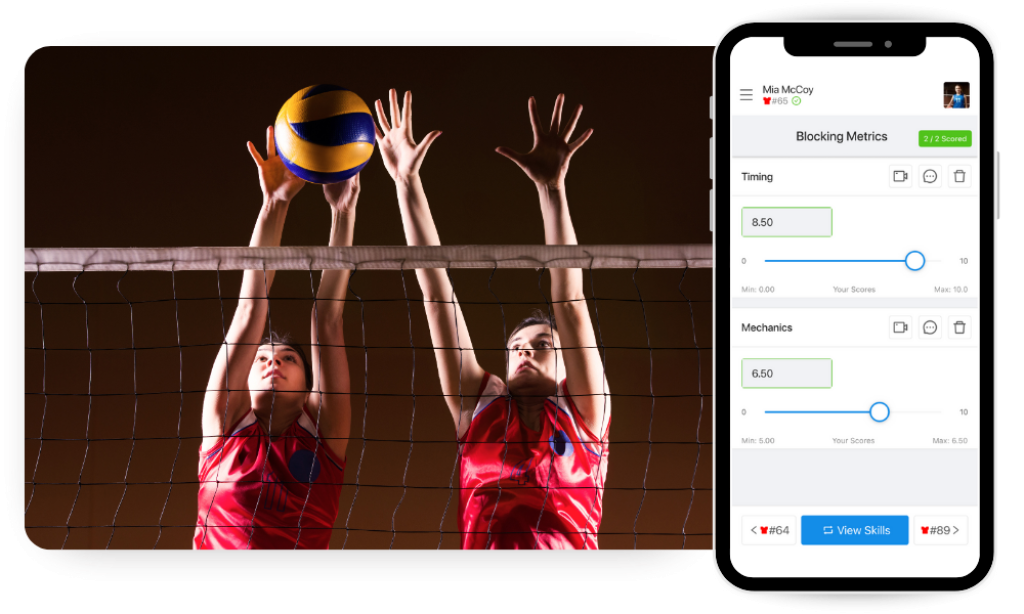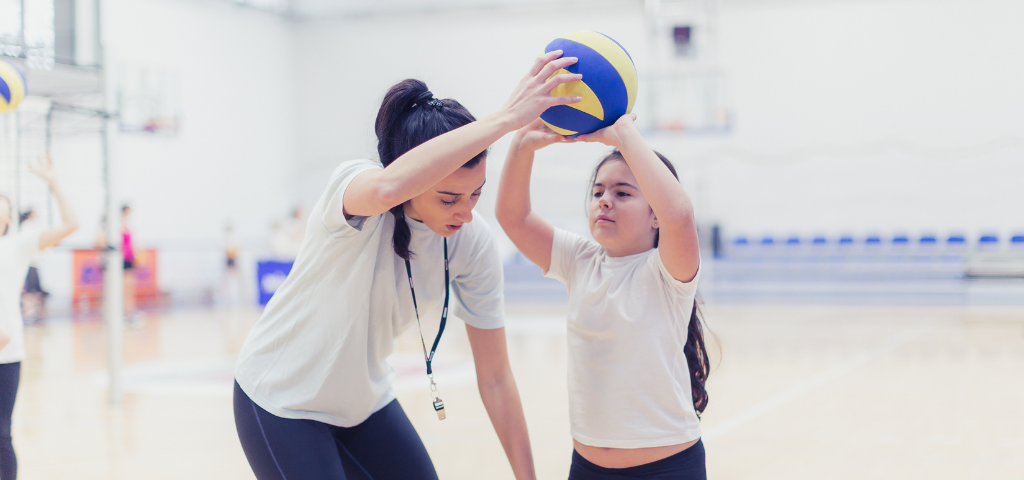Volleyball Coach Interview Questions
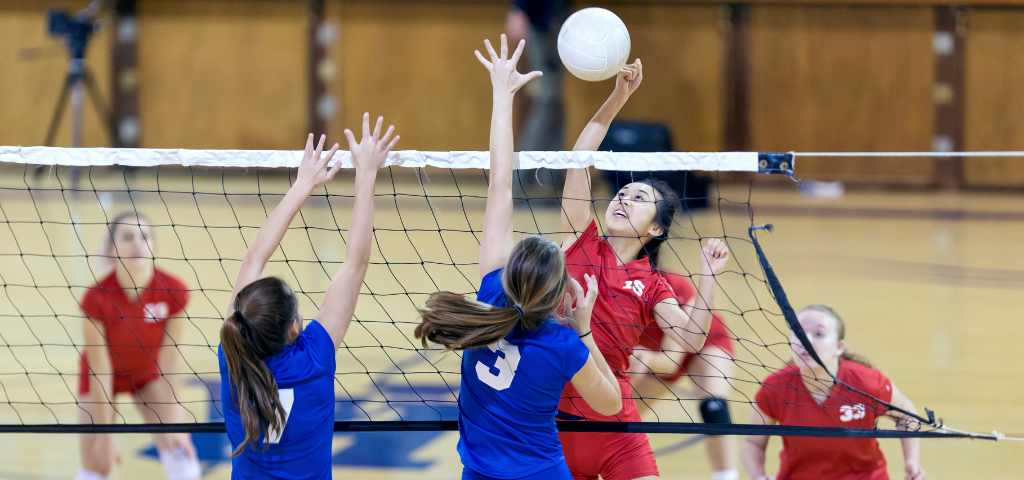
Hiring a coach competent in skill development, team dynamics, and game strategy is important to the success of your volleyball team.
It's not just about selecting a great volleyball coach; you want to choose a coach who fits your team's culture and dynamics. Therefore, this blog outlines the essential questions to ask volleyball coaches during an interview to discover their philosophy, strategy, and training methodology.
Key Volleyball Coach Interview Questions
1. What is Your Volleyball Coaching Philosophy?
Purpose: This question gives insight into the volleyball coach's approach. It relates to the development of players and the management of the team, revealing their coaching priorities.
Sample Answer: "My philosophy in coaching volleyball is to understand each player and develop their individual skill sets. I also aim to build a team-oriented environment, seeing how their skills can collaborate to build a successful and supportive team."
2. How Do You Approach Volleyball Training and Skill Development?
The Purpose: This question will give you an idea of how the coach focuses on developing individual skills in spiking, attacking, and blocking. It looks into whether they take a more comprehensive approach to developing the players as a team.
Sample Answer: "I start with basic skills and assess each player's improvement through position-specific drills. I also implement team plays and game situations to develop good decision-making skills."
3. Why Is Developing a Game Strategy Important?
Purpose: This question probes how the volleyball coach develops strategies for games and adjusts according to the flow of the game.
Sample Answer: "While the match is ongoing, I study and adjust where needed. Depending on the game, I often adjust the serve-receive or defensive structure. This is also paralleled with teaching the players to read the game and giving them self-confidence. I encourage my players to make split-second decisions, which enhances our chances of winning."
4. How Would You Foster a Positive Team Culture?
Purpose: Volleyball is considered one of the most team-oriented sports, and good team culture is a must! Therefore, this question offers insight into how the volleyball coach constructs companionship and resolves conflicts and team relations.
Sample Answer: "I try to build an open atmosphere in which every single player should feel important and appreciated. I organize team-building activities to build trust and encourage open dialogue. If a conflict arises within the team, I discuss it right away and put in place course-specific solutions to assist in developing team cohesiveness."
5. How Do You Use Technology When Coaching Volleyball?
Purpose: The modern coach uses technology and performance data to advance the team. This question reveals how the coach integrates technology into his approach.
Sample Answer: "I use player evaluation software such as SkillShark to get real-time data after each practice. I score players on my phone and access SkillShark's auto-generated reports. Once I have reviewed the data, I provide feedback to players in the form of report cards."
6. What Experience Do You Have With Coaching Volleyball Players Across Different Skill Levels?
Purpose: This question shows whether the coach is flexible enough to work with players at their level of development or experience.
Sample Answer: "I have coached players of all levels, from volleyball beginners to volleyball professionals. I adjust my coaching style according to my volleyball players' skill level, using foundational skills with newer players and refining advanced techniques with the more experienced players. I am keen to create an open training environment where everyone feels supported and challenged."
7. How Do You Evaluate Volleyball Player Performance and Development?
Purpose: Proper player assessment forms the pinnacle of coaching. This question deals with assessment criteria for the coach and how to make sure feedback improves player development.
Sample Answer: "I evaluate players on their setting, blocking, and passing abilities during each practice. I often give feedback and set short-term goals; this helps the players to keep the right focus on the improvement of progress."
8. How Do You Professionally Manage Communication?
Purpose: This question concerns the volleyball coach's communication philosophy and how well they can sustain a positive, openly communicative environment.
Sample Answer: "To my players, I am always approachable and open to a talk about their goals. To the parents, I set realistic expectations. I ensure that parents are updated on the development of their child. This way, all are on the same page, which helps maintain a healthy team atmosphere."
9. How Might You Handle Difficult Situations?
Purpose: We all know that volleyball seasons will have highs and lows. This question outlines the volleyball coach's ability to keep morale up and resolve conflicts constructively.
Sample Answer: "During bad times, I emphasize resilience and maintaining focus on growth. If we happen to lose consecutively, I review the mistakes made during those losses and consider them a ticket for improvement. Any conflict is resolved straightforwardly with respect, which ultimately serves to strengthen the team. This type of attitude keeps players interested and motivated to take up challenges."
10. What is Your Long-Term Vision For This Team?
Purpose: This question gives insight into the future goals and commitment of the volleyball coach. It provides insights into how they will align with your organization's mission. It lets you know if they are committed to building a successful, sustainable program.
Sample Answer: "My long-term goal is to have a volleyball program where the players develop their skills and become better athletes, teammates and people. I aim to be involved in a volleyball program that others talk about as being fundamentally sound with a great culture."
Final Thoughts
Hiring the right volleyball coach can change how your team works together and plays. Asking the right questions during the interview will help you judge a coach's ability, ideas, and fit with your team.
Lucy Jakoncic
Lucy is a strategy and results-driven e-commerce & digital marketer, equipped with her BBA in Business Admin & Marketing. She brings in knowledge and experience from both startup and corporate environments. Aside from her professional pursuits, Lucy is an admitted sports fanatic, she feeds her addiction through active involvement and her passion for the sport of MMA. Her sports-minded entrepreneurial spirit has been a strong addition as both a writer and marketing strategist at SkillShark Software Inc.
